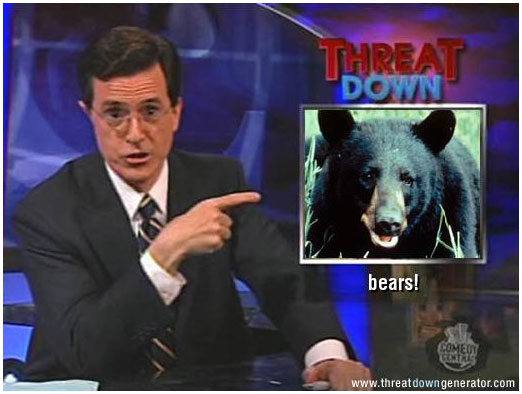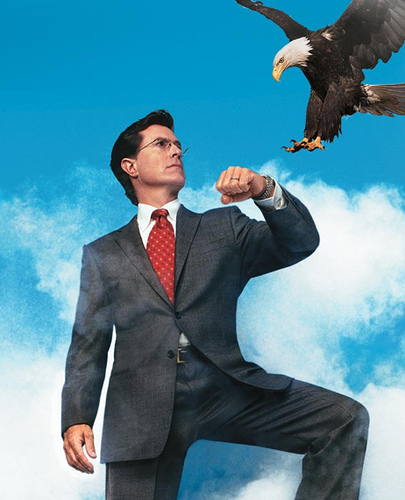I have a lot of respect for my friend Frank.
.jpg) Anyone can be a poser and critic; Frank actually tries to make change.
Anyone can be a poser and critic; Frank actually tries to make change.
Frank’s the head of food safety at Wal-Mart. He used to be head of food safety at Walt Disney in Orlando, and when I visited with Frank and his staff in Bentonville, Arkansas a couple of months ago, he was enthusiastically telling me about the challenges of providing safe food – that’s food that doesn’t make people barf – to millions of people on a daily basis.
“Disney was a challenge. This is a lot bigger.”
Frank’s even put his thoughts on paper, in a book called, Food Safety Culture, published last year.
Unlike Food, Inc., the movie version won’t be opening at theatres any time soon.
As far as I can tell, because I haven’t seen the movie and won’t until it comes on my cable movie channels, Food, Inc. is a little about food safety, and only because Fast Food Nation author Eric Schlosser figured out that if you mention food safety a bunch of times, it sells more books or movies (see the Colbert clip below). The rest is about all things perceived to be bad about food, like genetic engineering, animal welfare, and whatever else.
Frank has to provide safe food to millions of people every day … or he gets sued.
Some people, like Michael Pollan, are journalism professors at Berkeley and can reiterate bullshit like grass-fed cattle have lower levels of E. coli O157:H7.
Dude, just cause it’s written a bunch of times on the Internet doesn’t make it true.
Some people are biology professors, like Dave Renter at Kansas State, who doesn’t make movies but does know that E. coli O157:H7 and friends are complicated, and show up in lots of places. Oh, and it was a grass-fed cow-calf operation that was responsible for the E. coli O157:H7 outbreak in transitional organic spinach in 2006 that sickened 200 and killed four. There are many more outbreaks linked to biology rather than the politically convenient factory farming. Some people, like Frank, are actually responsible for delivering safe food.
Frank writes in his book, Food Safety Culture: Creating a Behavior-based Food Safety Management System, that an organization’s food safety systems need to be an integral part of its culture.
Consumers at the local market, the stop-n-shop or the supermarket, can ask someone, how do I know this food won’t make me barf? While such talk may be socially frowned upon, it’s time to put aside the niceties and bureau-speak and talk directly about safe food. Ask at Wal-Mart; ask at your local market. I know if Frank were there, he’d be able to answer.
Schlosser comers across as an idiot.
.jpg) 3 special steps, that’s all you need
3 special steps, that’s all you need The Hot Dog song on Mickey Mouse Clubhouse was written and performed by They Might Be Giants, and the Handy Manny theme song was written and performed by Los Lobos.
The Hot Dog song on Mickey Mouse Clubhouse was written and performed by They Might Be Giants, and the Handy Manny theme song was written and performed by Los Lobos.
 I’ve made it a point to say in my talks lately, when I talk about food safety, I’m talking about food that doesn’t make people barf. Food safety means lots of things to lots of people, but I’m focused on the microbes that sicken up to 30 per cent of all citizens of all countries every year (that’s what the World Health Organization says).
I’ve made it a point to say in my talks lately, when I talk about food safety, I’m talking about food that doesn’t make people barf. Food safety means lots of things to lots of people, but I’m focused on the microbes that sicken up to 30 per cent of all citizens of all countries every year (that’s what the World Health Organization says)..jpg) Anyone can be a poser and critic; Frank actually tries to make change.
Anyone can be a poser and critic; Frank actually tries to make change. The Anchorage (Alaska) Daily News
The Anchorage (Alaska) Daily News